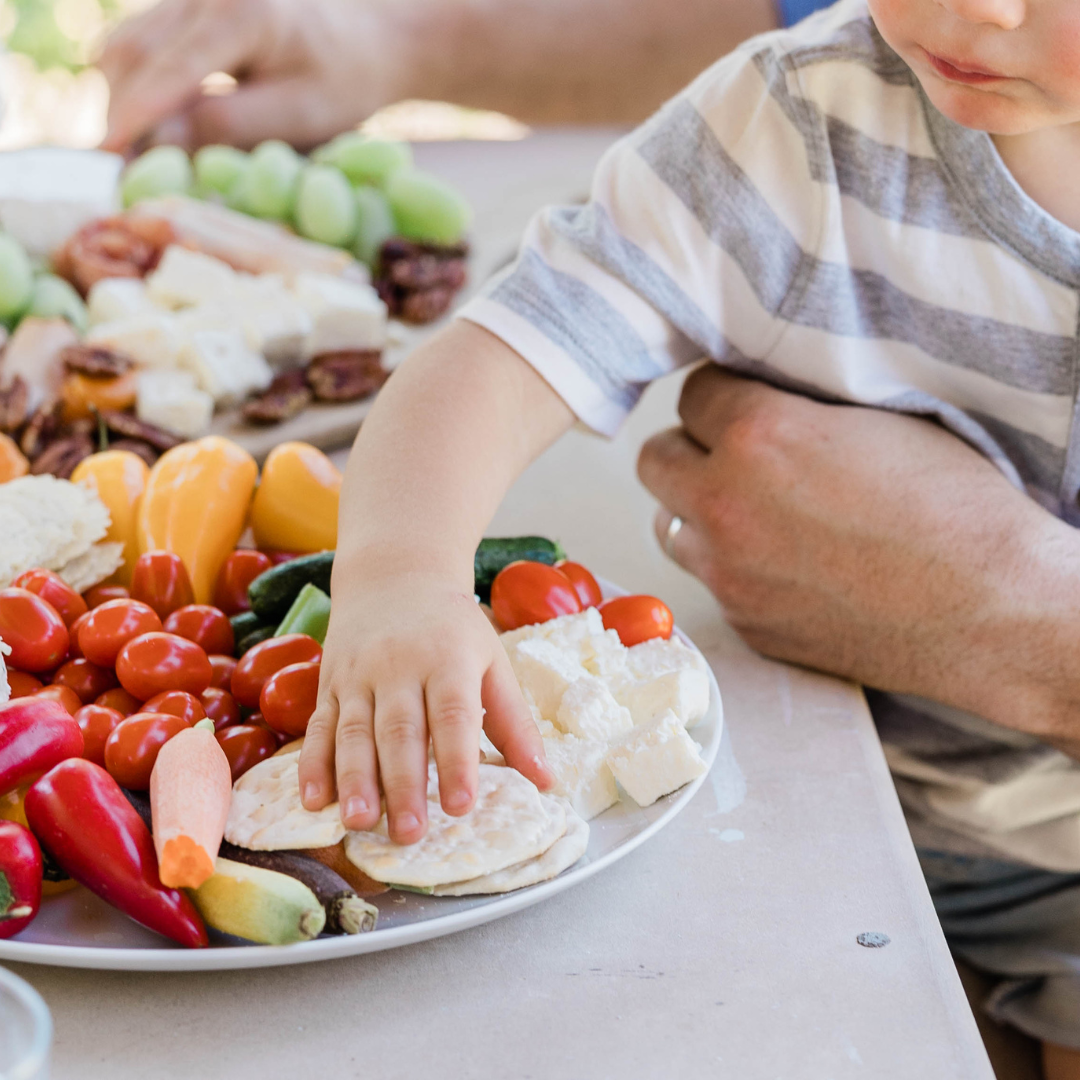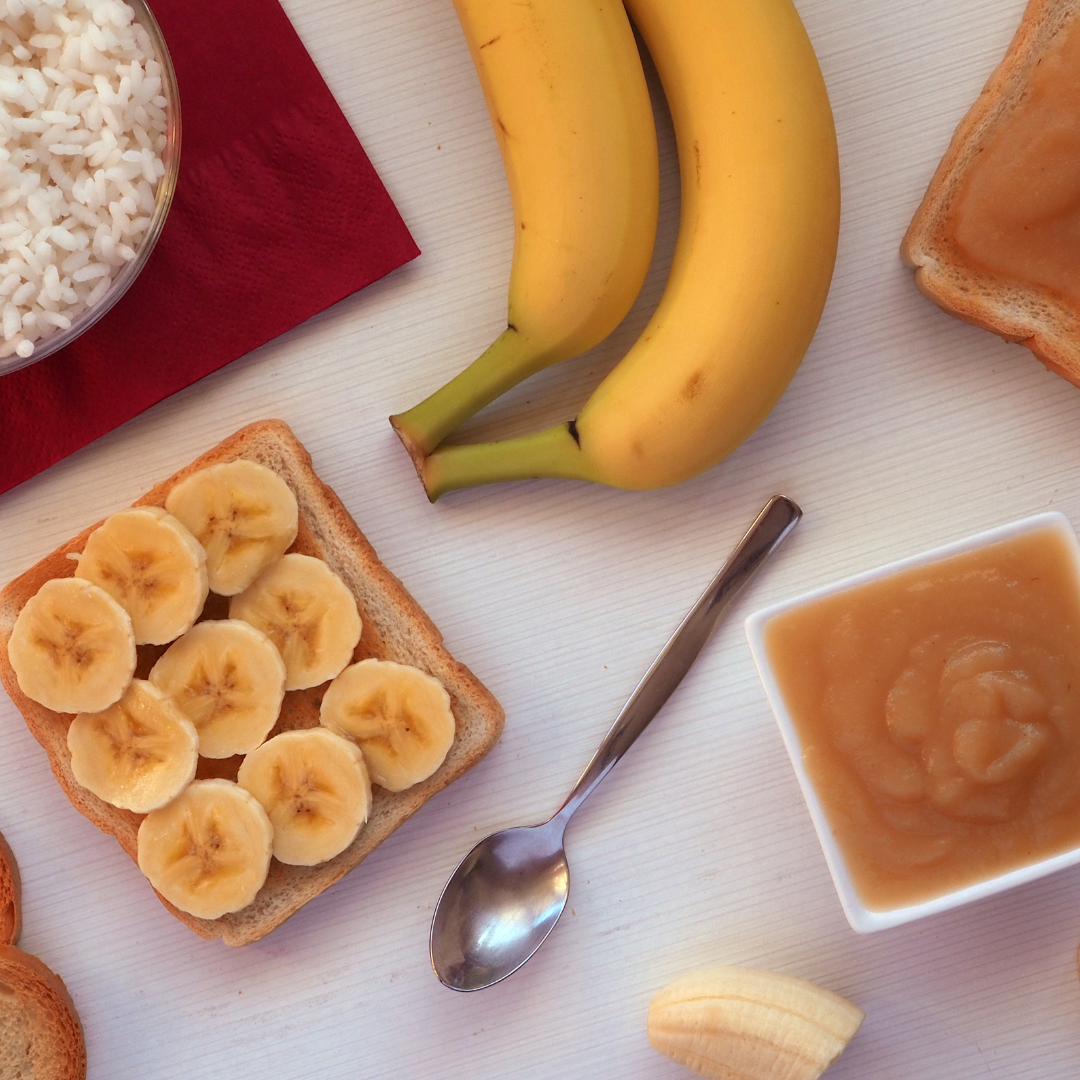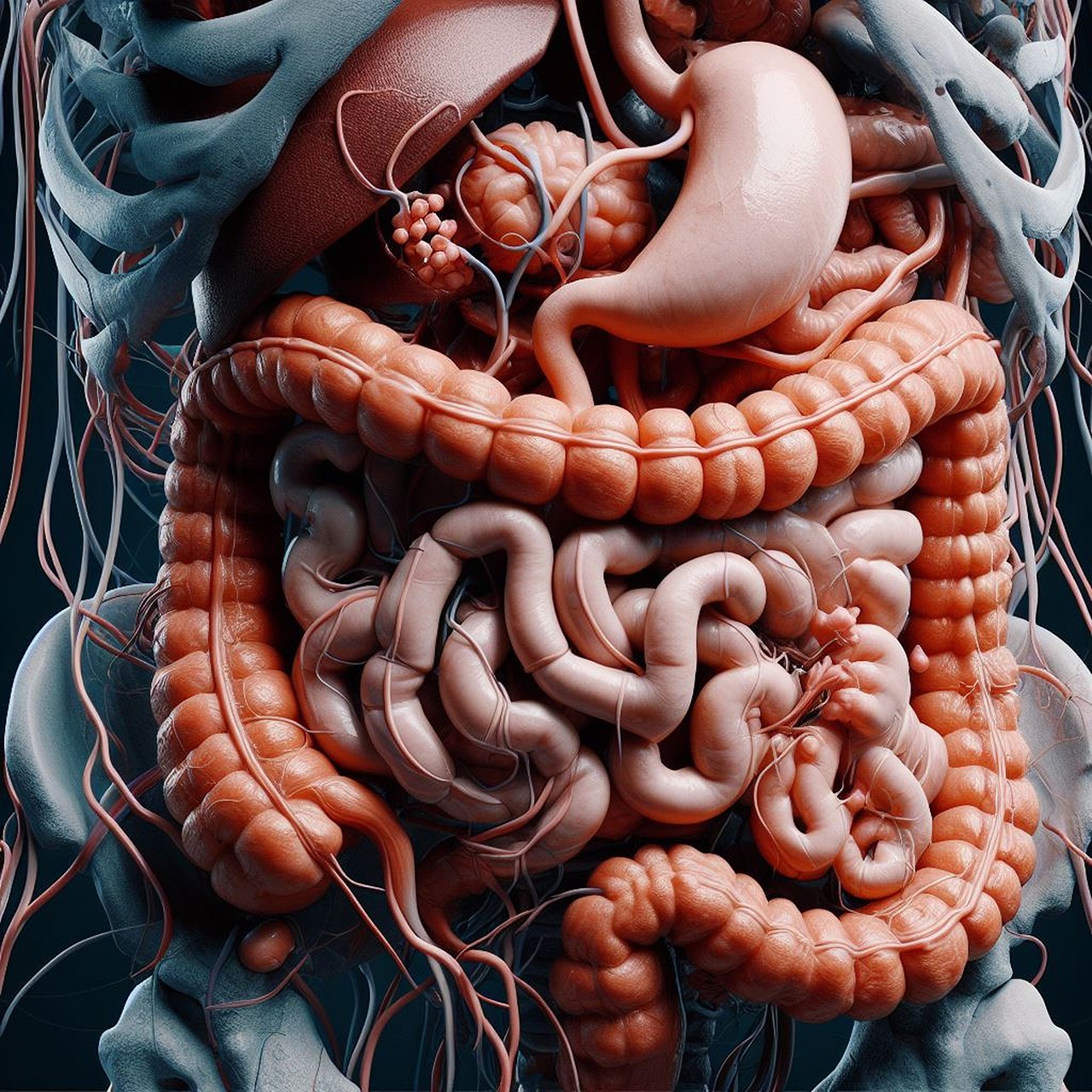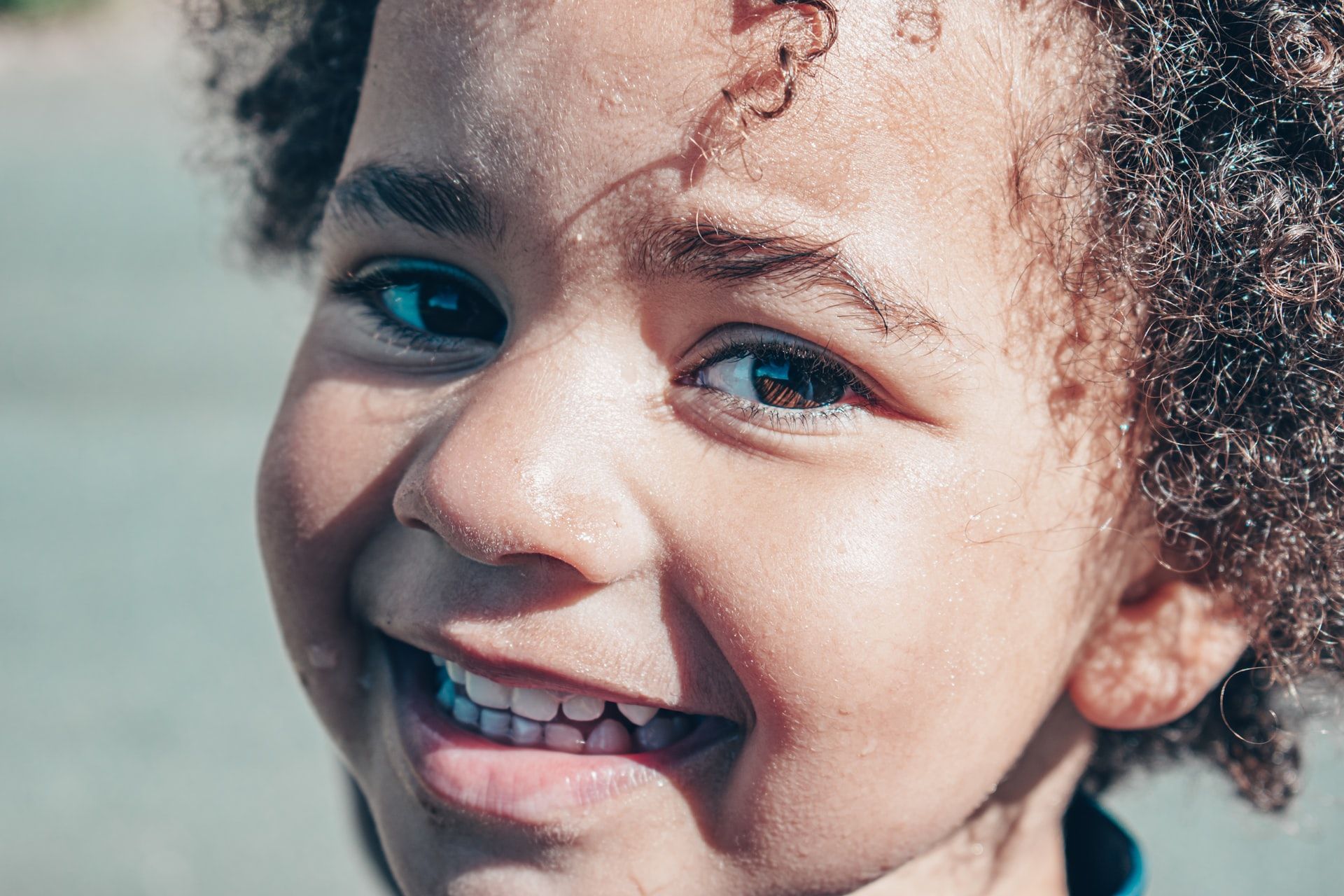
Why do kids grind their teeth, and how can you help prevent this harmful habit? Teeth grinding (bruxism) among children is a common issue. Kids between 3 and 6 years of age are highly likely to grind their teeth, as are older kids, especially teens.
As a parent, you want to watch for the signs of teeth grinding in your children, as it can lead to chipped teeth or other tooth damage, tooth pain, facial pain, or headaches. Not only are these signs that your kid might be grinding his or her teeth, but these are also the reasons why teeth grinding is such a bad habit.
If you’re wondering, Why do kids grind their teeth? Know that grinding most likely relates to hyperactivity of a child’s mind, and could even be caused by stress or anxiety. You may also have noticed that your child is grinding their teeth at night. Why do kids grind their teeth at night? This is likely because there is some sort of hyperactivity during your child’s sleep.
Sometimes, teeth grinding in kids is a genetic trait passed down from the parents.
In this post, we will cover the main reasons why kids grind their teeth and what you can do about it.
What Exactly is Teeth Grinding?
Teeth grinding is a condition where a child grinds, gnashes, or clenches his or her teeth. This is usually a subconscious behavior, which often occurs while your child is sleeping, but can also happen while they’re awake. For some kids, grinding and clenching are natural responses to hyperactivity, stress or anxiety. However, there are other causes as well. Let’s go over these causes in more detail:
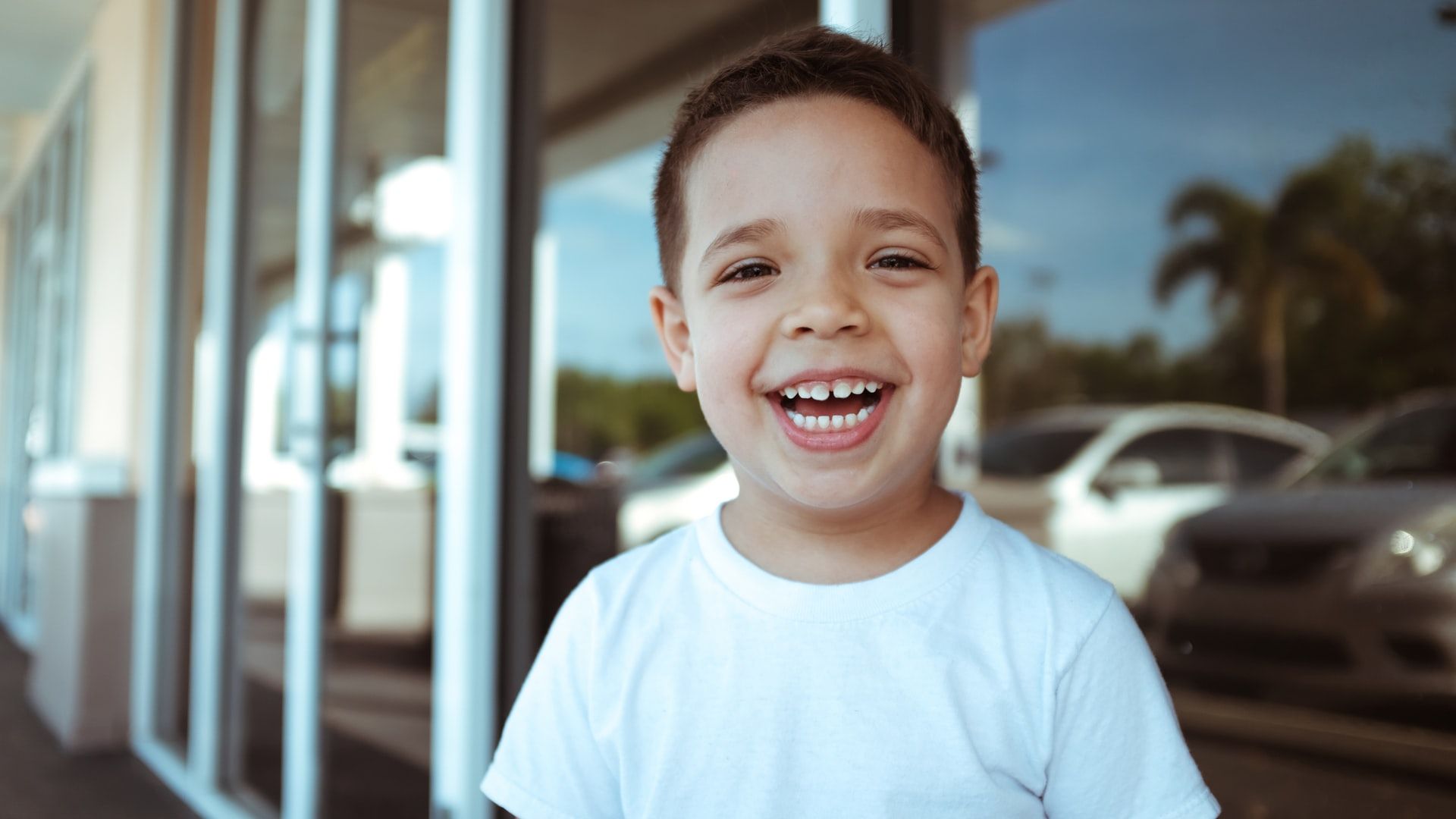
Why Do Kids Grind Their Teeth?
To treat teeth grinding in kids, it is important to understand what caused it in the first place. Why do kids grind their teeth? The most common causes of teeth grinding in kids include:
- ADHD
Attention Deficit Hyperactivity Disorder or ADHD is a condition that causes hyperactive behavior. Hyperactivity is one of the main causes of teeth grinding in children. Hyperactive kids are always running and climbing excessively. They often fidget with their feet and hands when they should sit still.
- Anxiety
Children who grind their teeth extensively may struggle with anxiety. If your child’s bruxism seems to stem from anxiety, you have to identify and relieve the source of anxiety.
Pets like a leopard gecko can provide good emotional support and help your kid relieve stress. Just make sure the creature has a safe enclosure with suitable habitat flooring for its well-being whenever your kid is not interacting with it.
There are many different pets that can help a child cope with anxiety, but first you need to figure out if getting a pet is something you should do or not.
- Stress
Stress and/or anger may cause your child to grind their teeth. For instance, your kid may be experiencing a change in routine or worrying about a test at school. Even arguing with your child can cause enough stress to prompt jaw clenching or teeth grinding.
- TMJ (Temporomandibular Joint Disorder)
TMJ is often genetic. It’s a condition that causes dysfunction in the jaw joint and can cause teeth clenching or grinding. TMJ can happen to kids, but it’s more likely to happen to teens.
- Teething
When it comes to a baby’s teeth, know that it’s common for babies to grind their teeth. The condition may start when your child is around 10 months old. Usually, after having their deciduous incisors. Some babies may only grind their teeth from time to time. Others may do it throughout the night.
In younger babies, teeth grinding is not something that a parent should be overly concerned about because it can stop on its own. But, if the condition never ends or if there are any changes in your baby’s teeth, book an appointment with a pediatric dentist.
- Malocclusion
Why do kids grind their teeth, and could it be due to malocclusion? This is a condition that involves misaligned teeth or bite misalignment. Oral health complications caused by malocclusion can include overcrowding of the teeth, overbite, crossbite, and underbite. Bite misalignment usually makes speaking, biting, and chewing difficult. These complications can cause pressure and pain on your child’s jaws, leading to teeth grinding.
- Inner Ear Infection
Kids are prone to inner ear infections, especially if they don’t get proper ear care from their parents. Apart from feeling pressure and pain in the ear, a child can have a fever and a sore throat. The pressure and pain in the ear can sometimes lead to teeth grinding.
Symptoms of Teeth Grinding in Children
The common signs of teeth grinding include:
- Teeth grinding sounds
- Kids complaining about tooth pain and tooth sensitivity
- Teeth wearing down or damaged teeth, such as chipped teeth
- Experiencing headaches
- Difficulty chewing
- Jaw ache and ear pain
- Enamel erosion
- Jaw pain or facial pain
- Inflammation of the gums

How Long Does Teeth Grinding Last in Children?
Your child should stop grinding their teeth by the time their permanent teeth grow in. Unlike baby teeth, permanent teeth are usually more sensitive to pain, and that’s often why kids stop grinding. However, some kids do continue to grind teeth into their teenage years. Not to mention that the condition may persist if its main cause is stress or, it’s from a genetic condition like TMJ.
You can find out if you or your child have a genetic risk for TMJ and other genetic health risks through a DNA test from CircleDNA.
What Can You Do About Teeth Grinding in Children?
Sporadic teeth grinding in kids and infants may not require any intervention. However, as a parent, you have to take your kid to a pediatric dentist if he or she is showing signs of teeth grinding (bruxism) such as chipped teeth or other tooth damage, tooth pain, facial pain, or headaches.
You can, however, treat the condition at home and help improve your child’s oral hygiene. To effectively treat and manage bruxism, you must be able to identify the cause of the condition.
Most older kids would experience teeth grinding due to emotional stressors like stress and anxiety. If that’s the case, you can help your child by talking to them, taking them to see a therapist, getting them a pet, and helping them address the source of their anxiety.
If the main cause of your kid’s bruxism is inner ear pain, give him or her ibuprofen or acetaminophen after seeing a pediatrician. You can also place a warm compress or a cold pack over your child’s ear to help with the pain.
You should consider taking your child to a pediatric dentist if the cause of the condition is poor teeth alignment or bite misalignment. A pediatric dentist can effectively correct malocclusion and help your child avoid bruxism.
Are night guards recommended for kids? Molded to a child’s teeth, a night guard is similar to the protective mouthpiece worn by a football player. Usually, a pediatric dentist would not recommend a night guard for a baby because it may negatively affect how your child’s new teeth grow in.
In Conclusion
Did you know that most kids who grind their teeth aren’t even aware of the condition? So, it’s up to you as a parent or guardian to watch for the signs mentioned in this article and identify the condition. If you think your kid is grinding his or her teeth, look out for signs of bruxism. Then, book a pediatric dentist appointment when you observe any signs of teeth grinding.
References
- Bruxism (teeth grinding) (Mayo Clinic) https://www.mayoclinic.org/diseases-conditions/bruxism/symptoms-causes/syc-20356095


